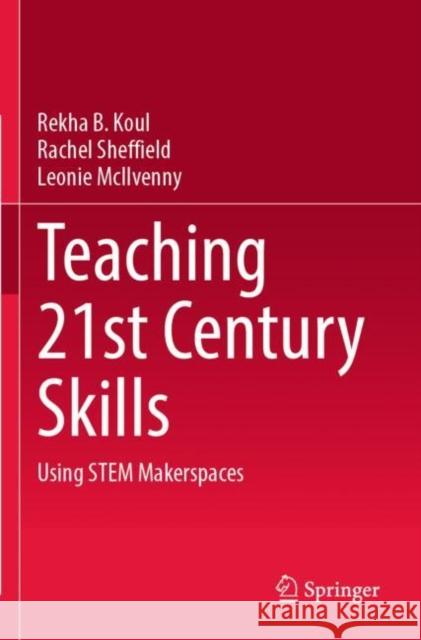Teaching 21st Century Skills: Using Stem Makerspaces » książka
topmenu
Teaching 21st Century Skills: Using Stem Makerspaces
ISBN-13: 9789811643637 / Angielski / Miękka / 2022 / 215 str.
Teaching 21st Century Skills: Using Stem Makerspaces
ISBN-13: 9789811643637 / Angielski / Miękka / 2022 / 215 str.
cena 483,04
(netto: 460,04 VAT: 5%)
Najniższa cena z 30 dni: 462,63
(netto: 460,04 VAT: 5%)
Najniższa cena z 30 dni: 462,63
Termin realizacji zamówienia:
ok. 22 dni roboczych.
ok. 22 dni roboczych.
Darmowa dostawa!
Kategorie:
Kategorie BISAC:
Wydawca:
Springer Verlag, Singapore
Język:
Angielski
ISBN-13:
9789811643637
Rok wydania:
2022
Ilość stron:
215
Wymiary:
23.5 x 15.5
Oprawa:
Miękka
Dodatkowe informacje:
Wydanie ilustrowane











